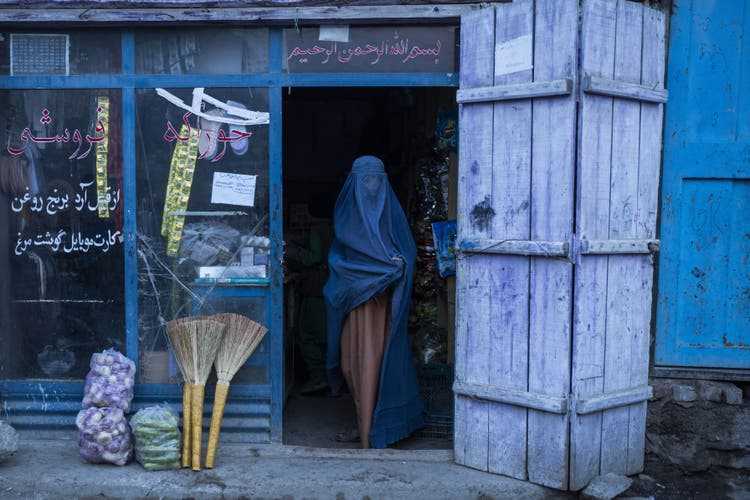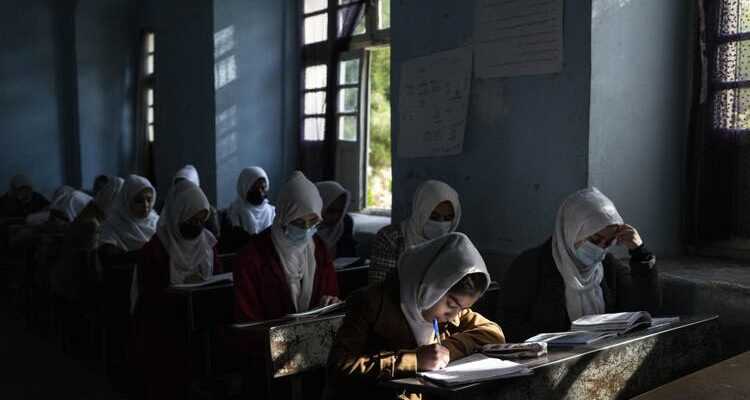The 23-year-old Pashtana Durrani had built over a dozen girls’ schools in Kandahar. When the city fell into the hands of the Islamists in August, it continued to work underground. But many Afghans no longer dare to send their daughters to class.
In some cities, like here in Herat, girls continue to attend high school, in other places they no longer even dare to go to primary school.
For Pashtana Durrani, the Taliban’s takeover was a traumatic turning point. Before the Islamists took control of Kabul in mid-August, the energetic young woman from Kandahar was convinced that no one could stop her. With their NGO Learn She has been campaigning for girls’ education since 2017. Most recently she ran a total of 18 schools in Kandahar and other southern provinces. Then the foreign troops withdrew hastily and the Republic of Afghanistan collapsed like a house of cards.
Pashtana, who is only 23 years old, grew up in a freer Afghanistan. She does not want to bow to the Taliban’s archaic image of women and continues to run her schools underground. But many of the schoolgirls no longer dare to take part in digital courses, let alone face-to-face classes.
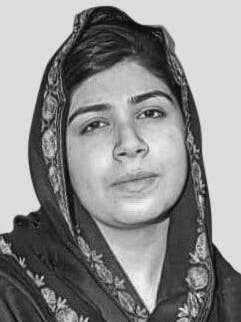
Pashtana Durrani, Afghan teacher and activist.
“We used to reach over 7,000 girls with our learning programs, today there are just 100,” explains the teacher and activist. «Girls schools are not officially banned. So there is still room for maneuver, but many Afghans are too scared. “
When the Taliban first came into power between 1996 and 2001, girls were no longer allowed to go to school and women were no longer allowed to work. But Afghanistan has changed a lot in the last twenty years – especially when it comes to the level of education and the rights and freedoms of women.
In the hope of international recognition, the Taliban initially sought a more moderate image. They seem to have barely changed their positions on women’s rights, especially since the more extreme forces have prevailed internally.
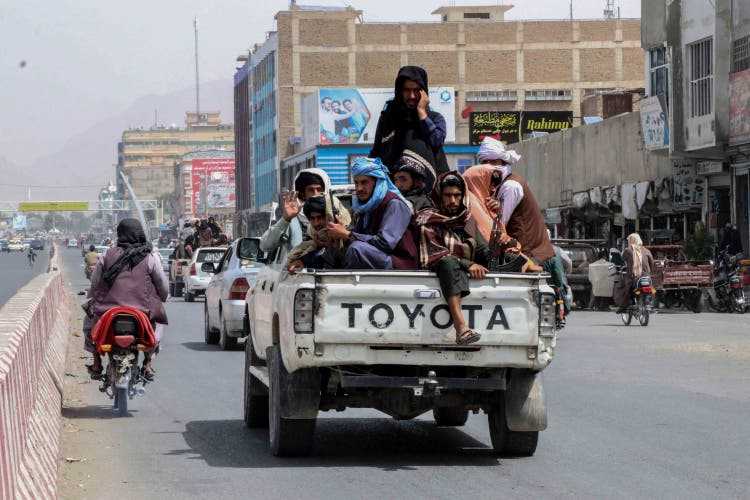
In mid-August, the Taliban took control of the southern Kandahar province.
In August the Taliban spokesman said vaguely that women’s rights would be respected “within the framework of Islamic law”. Then women who worked for ministries or other government institutions were banned from work.
With regard to education policy, the Taliban have so far only made vague and sometimes contradicting announcements. There is neither a new curriculum nor official guidelines for schools. At first it was said that girls could still go to class. But when the state schools reopened in September, girls were only allowed to attend primary school.
The minister for higher education, Abdul Baqi Haqqani, has claimed that women will soon be able to go to higher schools and universities again – but only in gender-segregated institutions and fully veiled. On this occasion, however, the minister made it clear that modern education is not a priority for the Taliban. University degrees are meaningless compared to religious education, he said.
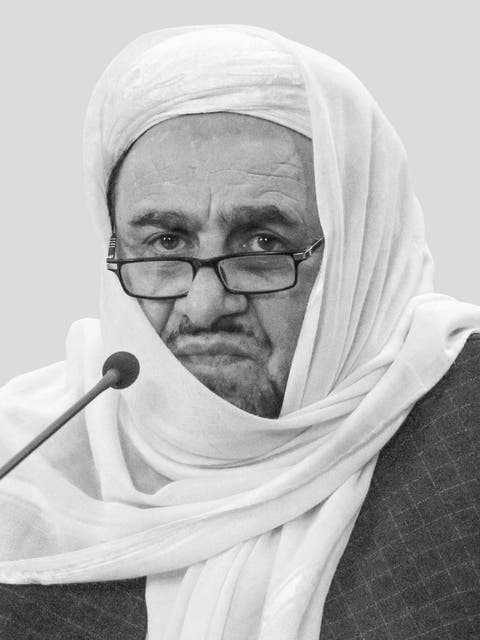
Abdul Baqi Haqqani, the new Minister for Higher Education.
Such words from the mouth of a university minister are unsettling, and chaos and arbitrariness reign in the country. While in certain places girls’ schools are being continued in the upper grades or courageous teachers have integrated older girls into the lower grades, in others girls are no longer taught even in the lower grades.
“It’s not just about the girls’ interests, it’s about the future of our country. If girls from the 7th grade are no longer allowed to go to school, we will lack urgently needed midwives or teachers in the future. We simply cannot afford that, ”emphasizes Pashtana Durrani.
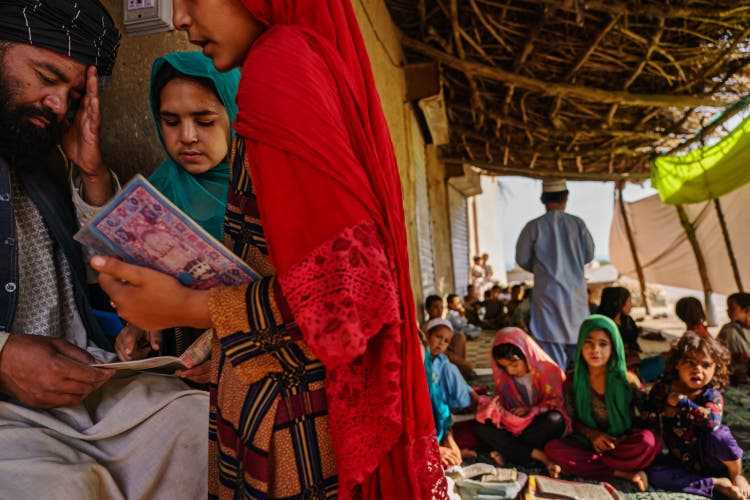
A mixed class in a village outside Kandahar in May 2021. Since the Taliban came to power, boys and girls have only been allowed to attend separate schools.
Although the literacy rate has increased significantly in the last twenty years, there is still a lot of catching up to do for women in the field of education. In Afghanistan, 70 percent of boys had completed primary school last year, compared to just 40 percent of girls.
As recently as early October, Pashtana had Durrani in one Article in the magazine «New Lines» stresses that she will not leave Afghanistan. “It’s not about me, but about the girls in our country,” wrote the activist. After the Taliban captured their hometown of Kandahar on August 13, they went into hiding. She had to change her whereabouts seven times for security reasons. But at the end of October she was forced to flee. «I never wanted to leave. But activists under the Taliban can no longer express their opinions openly. I was always very critical and was increasingly afraid of being targeted. “
Pashtana was lucky. The University of Wesseley in Massachusetts has offered her a scholarship. She now lives temporarily in the USA. “I am very busy. I study, at the same time continue to run my schools and stand up for the rights of Afghan women. I suffer from being so far away from home, but at least I can speak my mind openly here ».
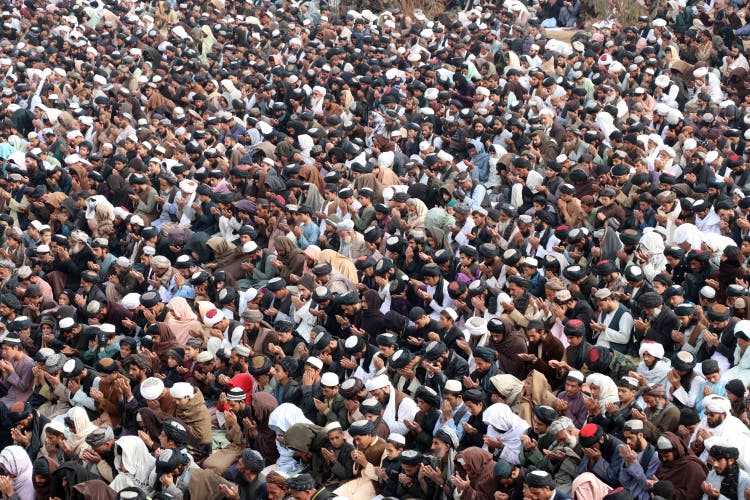
Pray for rain in Kandahar: Afghanistan is currently also suffering from a severe drought.
The situation in Afghanistan has deteriorated dramatically in recent weeks. The government has no money, the international organizations are hardly present any more. For many Afghans today, the focus is no longer on the education of their children, but on their survival. According to the UN 97 percent of the population will soon be living below the poverty line. Three million children are already acutely malnourished. “The situation is catastrophic, especially in Kandahar and other southern provinces! Many children and also mothers are at risk of starvation. In many places the health system has already collapsed. We urgently need humanitarian aid, ”says Pashtana.
«The USA and other western states must not abandon Afghanistan. You need to put more pressure on the Taliban. And they have to talk to us Afghans to find solutions. There are many politically or socially engaged women like me. We know how to fight hunger in the country or improve the level of education. So far we haven’t been heard enough ».
Pashtana’s organization now also provides schoolchildren and their families with meals or helps when someone needs medical care. “To be honest, I can currently do almost more from outside than I would if I were in Afghanistan,” emphasizes the young woman. “But my wish for 2022 is very clear that I can return to Afghanistan.”
